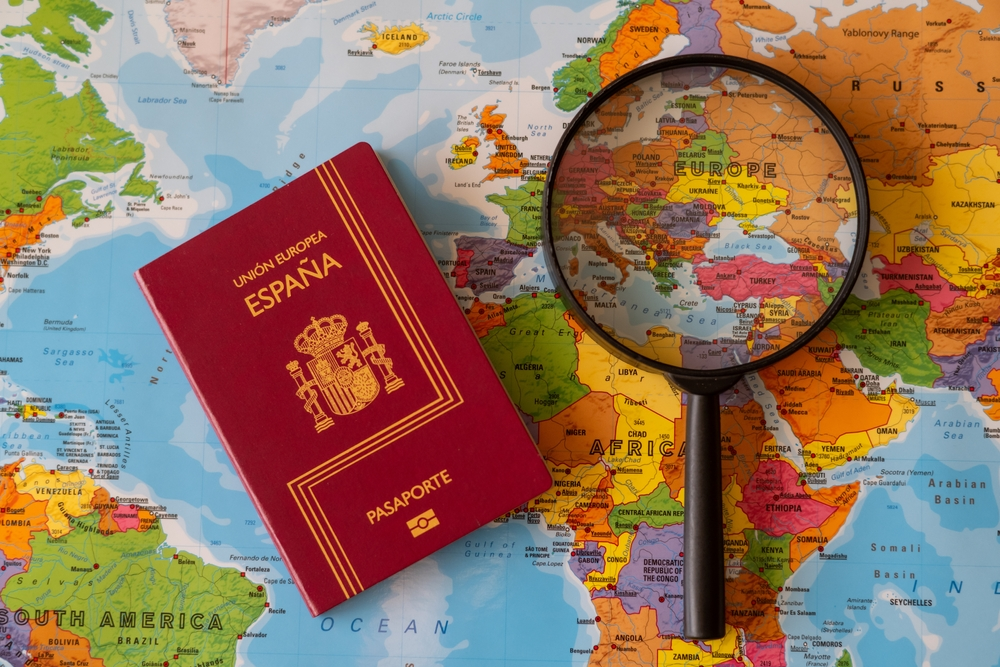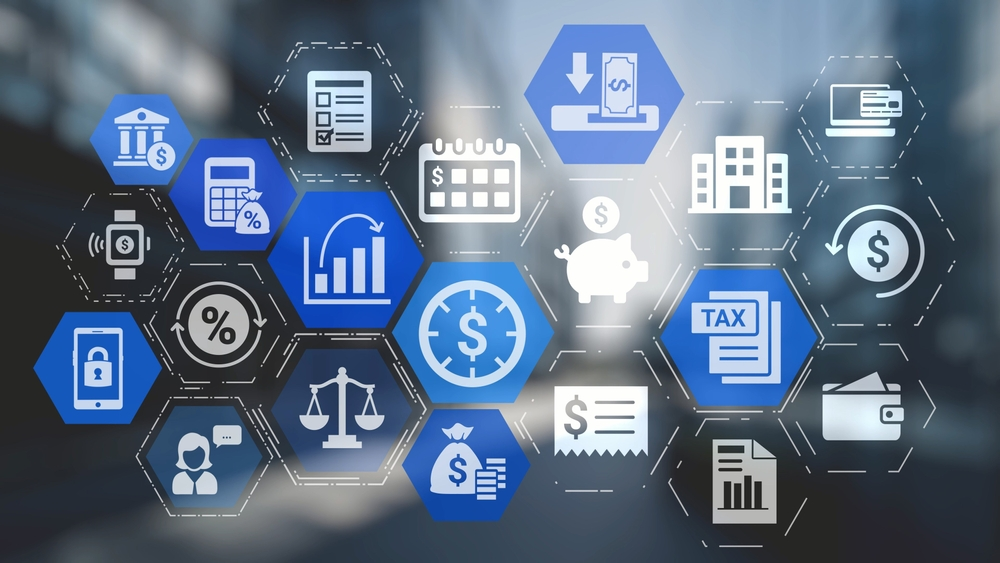While travel and hospitality will always be predominantly a “people” industry, it is not without technologies designed to enhance the consumer experience. We look at how three technologies — robotics, blockchain, and virtual reality – are already transforming an industry that thrives on the excitement of the unusual.
Robot "waiters"
One of the most pressing concerns facing restaurants since the COVID-19 pandemic began has been staffing.
As a result, many restaurant owners have gotten inventive and included robot waiters into their operations.
A robot waiter does exactly what the name suggests: it accepts orders and delivers food to customers.
The “Spot,” a robot made by Boston Dynamics and its partner Macco Robotics in Spain, is the go-to bartender in a bar based in Serville, Spain.
A screen reader is installed on the robotic arm, allowing the client’s ID to be scanned. Customers pay at the bar, and the waiter remotely activates the robot.
The goal of the robots’ developers, according to them, is to help the hotel business increase income by permitting extended operation hours, enhancing productivity, and minimizing food waste.
Blockchain
When most people think of blockchain, they think of cryptocurrencies like Bitcoin. However, blockchain will transform the travel, tourism, and hospitality industries, in the coming years.
A good example is Ticketing. In November 2019, Hahn Air, a German airline, issued and used the world’s first blockchain powered airline ticket for a route from Dusseldorf to Luxembourg.
Another example, Winding Tree is an open-source business to-business (B2B) travel marketplace that uses Ethereum technology, a public blockchain that is ideally suited for smart contracts, allowing travel industry partners to save money.
AI (Artificial Intelligence) & VR (Virtual Reality)
Be a part of this history in making and make your career in this flourishing industry, we will here to help you achieve your dreams!

Written By:
Pooja Shah is the Head of Digital Content and Engagement at Barcelona's C3S Business School. She has over 12 years of international experience in the field of education, with a diverse portfolio of roles. She is the driving force behind the school's digital content on its website and social media platforms. She went on to get her MBA with a specialty in Human Resources after excelling academically in her Bachelor's in Computer Applications. Her passion is to educate and inspire the humanity, thereby contributing her bit to the society.




